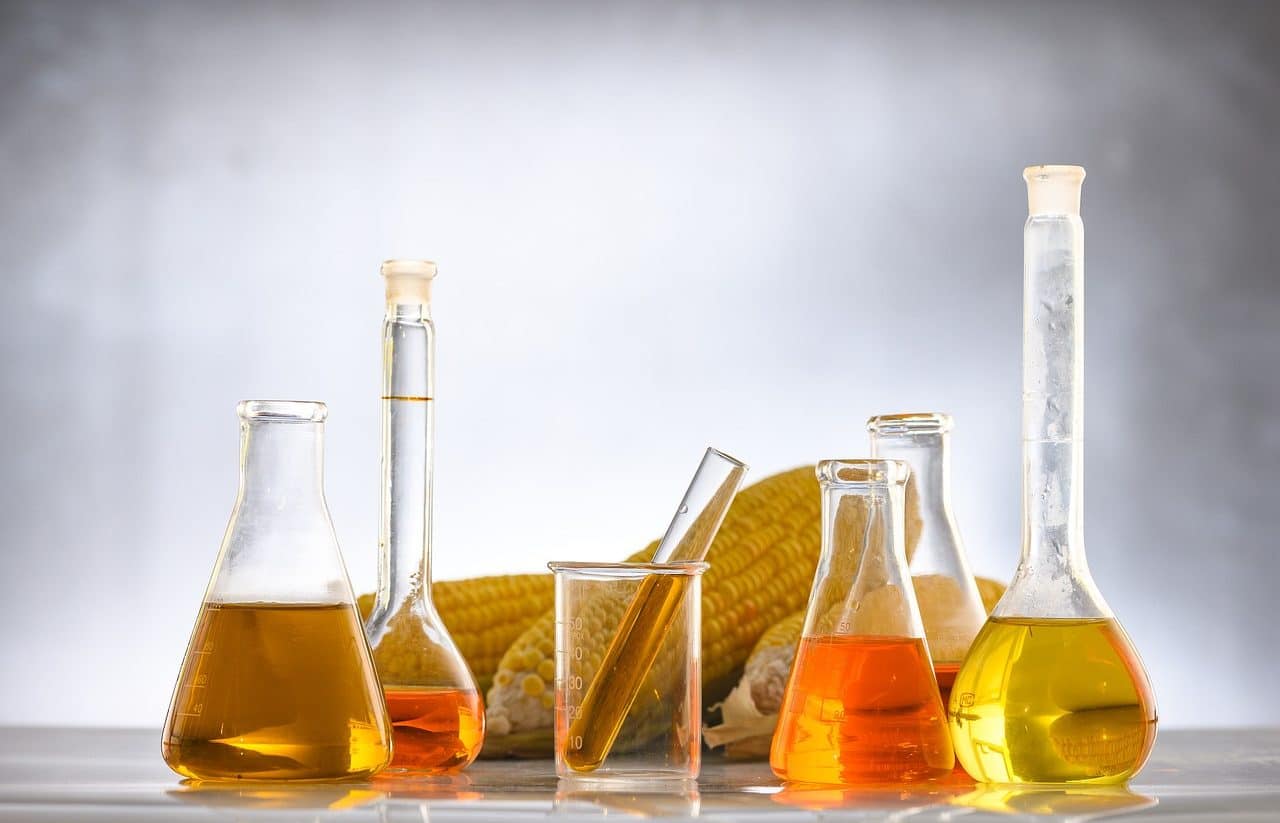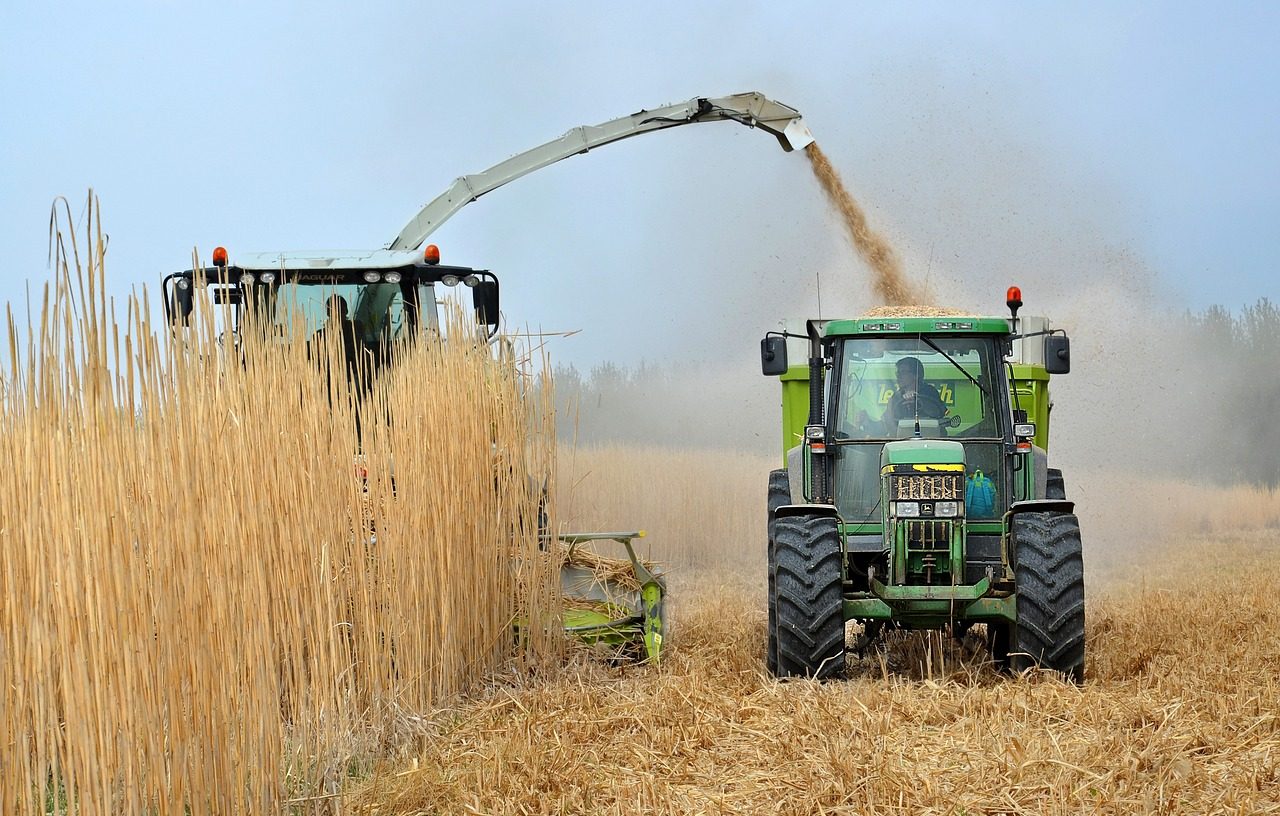
Biofuels are produced from plants or organic waste.
A biofuel is a type of fuel whose production is developed through the chemical or physical treatment of organic waste or plants . It should be remembered that a fuel, on the other hand, is a material that, when burned, releases energy .
Before entering fully into the definition of the term, it is necessary to begin by stating its etymological origin. In this case, we can determine that it is a neologism that is made up of the following parts:
- The Greek word bios , which can be translated as "life."
- The Latin noun combustio , used to indicate the action and effect of burning. It derives from the verb comburere , which is synonymous with "to burn completely."
Its characteristics
Biofuels are usually a combination of organic substances used in internal combustion engines. Soybeans , pine and corn are among the raw materials for biofuels.
Several countries have established laws so that suppliers are required to mix fossil fuels with biofuels since these biofuels help reduce carbon dioxide and are renewable.

Different crops allow us to obtain biofuels.
Examples of biofuels
One of the most popular biofuels is biodiesel , obtained from naturally occurring lipids. Vegetable oils, from soybeans , rapeseed or other species , are the main resource for the manufacture of biodiesel.
Bioethanol is another widely used biofuel. Its production is carried out through the alcoholic fermentation of sugar from beets or sugar cane.
In the same way, we cannot ignore the existence of another biofuel known as biogas . This is generated from what is the biodegradation of organic matter. It can be used for boilers, ovens, stoves...
Other relevant fuels that, according to different classifications, are considered biofuels are the following:
- E85 , which is made up of 85% bioethanol and 15% gasoline. This is used, above all, in vehicles.
- The E5 , which is the result of a mixture of 95% gasoline and 5% bioethanol.
- E10 , which is the result of mixing 90% gasoline and 10% bioethanol.
- The E-Diesel , which stands out not only for its good combustion but also for significantly reducing pollution .
- E95 and E100 are other biofuels that exist.
Advantages and disadvantages
The manufacture and use of biofuels has positive points but also negative aspects. Among the advantages, it is usually mentioned that they are sustainable fuels (their raw material can be renewed) and less polluting than fuels from oil or coal . In the same way, it is highlighted that they offer great performance and can even be produced in laboratories.
As a disadvantage, the generation of biofuels can lead to deforestation and generate an increase in the price of food (since the plants, instead of being used for food, are used to produce biofuel; as the supply of food falls, raises its price).
